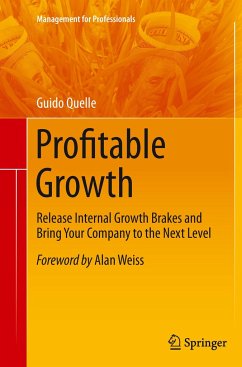3 billion people in the world today do not have access to formal financial services. This represents a pressing problem for humanity, since the lack of access to credit is a significant cause of poverty. While microfinance has largely been successful in providing the poor with access to credit through microlending, the microfinance sector today suffers from a severe lack of funding. To increase and diversify its funding, the microfinance sector needs to access mainstream capital markets through securitization. Since securitization in the microfinance sphere is in its infancy, not much work has been published on the topic. However, an empirical analysis to measure its impact is essential in these formative years this book analyzes the effect of recent securitization transactions in the microfinance sector. Three econometric models are used to estimate the impact of securitization on the ability of microfinance institutions to raise funds, the average amount they lend to each borrower, and the quality of their loan portfolios. This book is especially relevant for anyone interested in development economics, and in particular for those drawn to the growing field of microfinance.
Bitte wählen Sie Ihr Anliegen aus.
Rechnungen
Retourenschein anfordern
Bestellstatus
Storno








